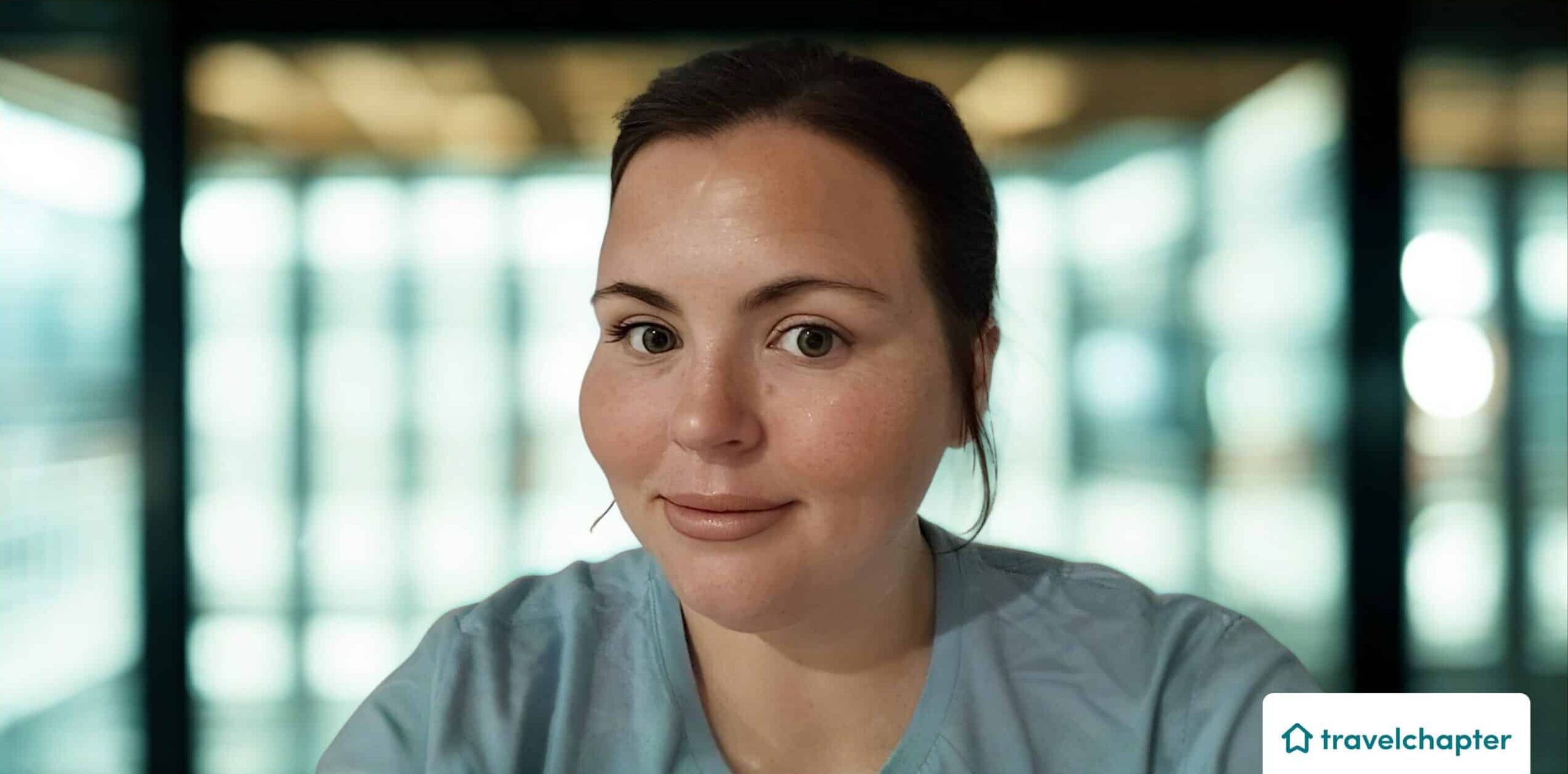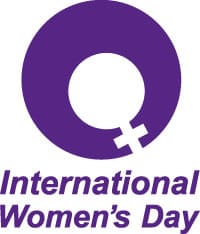
Can you share your journey into tech leadership?
During my early career I progressed from internships to graduate positions, and then into senior QA
roles. When I hit a ceiling in QA, I explored Product and Scrum Master positions for a while before
confirming that my real passion was in advocating for the customer. After maternity leave, I made
the decision to step back from a senior role to find a healthier work-life balance. I joined a smaller
business as the sole QA, and it did not take long before I grew the team and was promoted into
leadership again. That experience taught me that I thrive on challenge, and that I naturally throw
myself fully into doing the best job possible.
What were some of the biggest career challenges you faced?
When my son started school, I faced huge challenges with managing my time. His autism and speech
delays made it difficult for him to attend full time, and we went from full-time care to being called
daily to pick him up, excluded from traditional wrap-around care, and constantly struggling to
balance his needs with the demands of my job. At one point, I seriously considered giving up work,
which was a stark contrast to the drive I felt returning from maternity leave.
What kept me going was realising that the very skills I had built in my career, being a strong
advocate for quality and for customers, were the same skills I needed to advocate for him. Those
abilities helped me challenge the local authority and secure a care plan that finally allowed him to
attend school full time.
How did mentors, networks or sponsorships help along the way?
I have been fortunate to work with several female managers, directors, and CEOs who were
excellent role models. Early in my career, many of them had older children, but as my career
progressed, I was able to share my journey alongside women raising young children. Watching how
they navigated moments when they couldn’t “do it all” taught me valuable lessons about balance
and perspective.
One moment that stood out was during our annual company conference when our CEO spoke
openly about her experiences as an autistic leader. Her honesty fundamentally shifted how I
approached my own challenges. I began opening up to my manager about the difficulties of
balancing work with my son’s care, and over time, I became confident enough to share my
experiences more broadly.
Have you experience bias or barriers as a woman in leadership?
In my early career, I experienced discrimination based on gender. At university there were very few
women, and in my first roles I was often one of only a handful. At the time, I chose to keep my head
down and persevere. Over time, through networks and supportive peers, I learned to speak up, to
call out discrimination directly and to put the discomfort back where it belonged.
When I stepped into management, my first team member confided that she had recently faced bias
but hadn’t spoken up out of fear. I respected her decision, but it cemented my mission to use my
voice on behalf of those who didn’t feel safe to use theirs yet. I made a commitment to call out
microaggressions, to educate others in the moment, and to make sure women early in their careers
knew I would support them in whatever way was comfortable for them.
What leadership qualities do you think are essential in tech?
For me, authenticity and vulnerability are essential leadership qualities. During the early days of
covid, a senior developer I worked closely with later reached out to say that after welcoming a child,
he reflected on how I had managed balancing a toddler and work at that time. He told me he hoped
to model that approach himself. That message was deeply validating. By simply being open and
vulnerable, I was able to influence how he approached his own parenting journey.
How do you foster diversity and inclusion in your team?
I am fortunate to work in a business that supports me in fostering inclusion within my team. I believe
every person’s experience and needs are unique, so I focus on tailoring support whether that’s
flexible hours for parents, accommodations during in-person meetings for health reasons, or
adapting to different communication styles.
A few years ago, I began making small but intentional choices to normalise flexibility. For example,
instead of quietly blocking time in my calendar, I would post in our group chat that I was stepping
out to see my son’s nativity play. I also spoke openly about needing accommodations during school
holidays. By making those choices visible, I hoped to model that it’s not only acceptable but
encouraged to ask for flexibility, that performance and trust matter more than presenteeism.
What advice would you give to women aiming for leadership roles?
Early in my career, I made the mistake of hiding parts of myself; not mentioning my partner,
pregnancy, or personal life. It didn’t serve me. Now, I embrace all of it: my journey as a parent,
navigating neurodivergence, my lived experiences. These give me perspective and make me a
stronger leader.
My advice is to own your story, whatever it may be and see it as a source of strength. Don’t wait
until you feel 100% ready, and don’t minimise your voice. Bring your full self to the workplace.
Most rewarding career moment?
One of my proudest moments has been seeing people I have mentored grow into their own careers.
A recent example is a woman I hired as a junior QA from a non-engineering background. Through on
the-job training, support to earn her ISTQB certification, and mentoring, she became an excellent
QA. She eventually moved on and recently shared that she had been promoted to Senior Delivery
Manager. I am proud not just that she stayed in tech, but that she found her own path and passion.
Changes you’d like to see in the industry?
Covid forced a huge shift toward remote working, which created better work-life balance. I’d like to
see that progress continue, with more flexible working patterns, part-time options, and hybrid
models to attract and retain diverse talent.
I’d also love to see more value placed on non-traditional paths into engineering. Not everyone needs
a computer science degree. Leaders should open doors for apprentices, interns, internal transfers,
and people entering at junior levels. Recognising the varied experience people bring can only make
our industry stronger.
How does your organisation support women in leadership?
I was fortunate to work for a company that provided enhanced maternity pay when I needed it, and I
am proud to now work for an organisation that offers enhanced parental leave for all genders and all
types of parenting journeys.
I have also seen a genuine culture of inclusion. I’ve taken part in company initiatives covering
everything from neurodivergence-in-the-workplace workshops, to hearing first-hand transition
stories, to learning about menopause accommodations, alongside cultural celebrations that spread
awareness of many forms of inclusion. It feels meaningful, not performative, hearing from staff
within our company and their experiences alongside professional workshops to continue to grow
and learn.
To find your place at Travel Chapter and learn more about them click here!



